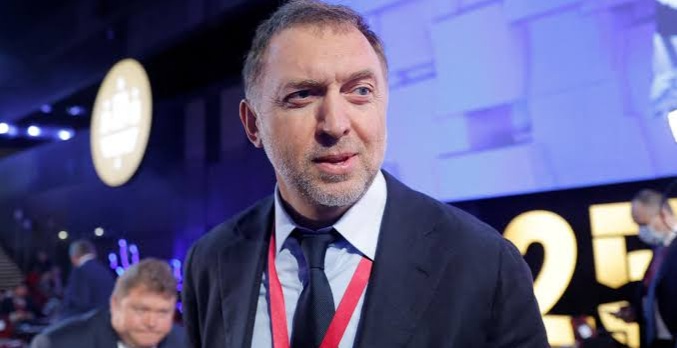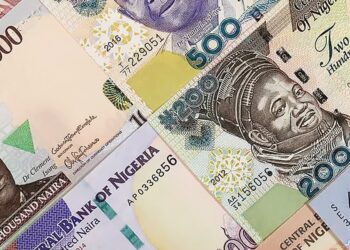By Oyintari Ben
A Russian businessman, Oleg Deripaska, stated that Russia might run out of money as early as next year and require international investment.
At an economic conference in Siberia on Thursday, he said that “there won’t be money already next year; we need international investment,” as quoted by TASS, a Russian state-owned news agency.
The billionaire’s comments contrasted President Vladimir Putin’s more bullish assessment of Russia’s economic prospects last week. Putin commended the country’s economy for holding up against the unprecedented Western sanctions imposed during the previous year. The billionaire called for an end to Moscow’s war in Ukraine in the early stages of the conflict last year.
An early estimate from the government indicates that Russia’s economic production decreased by 2.1% in 2017. Compared to what many economists had previously projected, the recession was milder.
Nevertheless, fissures are already visible—Russia is reducing oil production this month—and Western penalties may become more severe. The future of Russia’s economy ultimately depends on what occurs in Ukraine.
According to Deripaska, foreign investors, particularly those from “friendly” nations, also play a significant economic role. He was cited as saying that whether they come or not relies on Russia’s ability to create favourable conditions and attractive markets.
Since the invasion in February 2022, Western nations have issued more than 11,300 sanctions and frozen almost $300 billion of Russia’s foreign reserves to deprive Russia of resources for its actions.
Yet, China has given the Russian government a financial lifeline by purchasing its energy, replacing Western producers of things like machinery and base metals, and offering a substitute for the US currency.
The value of the European Union’s imports from Russia decreased by 51% between February and December last year, according to data released on Friday. Before it invaded Ukraine, the bloc was one of Russia’s primary commercial partners; by 2020, the EU would have received 38% of all Russian exports. Moscow still has a long way to go before recovering the lost export revenue and other sources of income due to the sanctions.
The Russian government’s revenue fell by 35% compared to January of the previous year, while spending increased by 59%, creating a budget deficit of nearly 1,761 billion rubles ($23.3 billion).



































